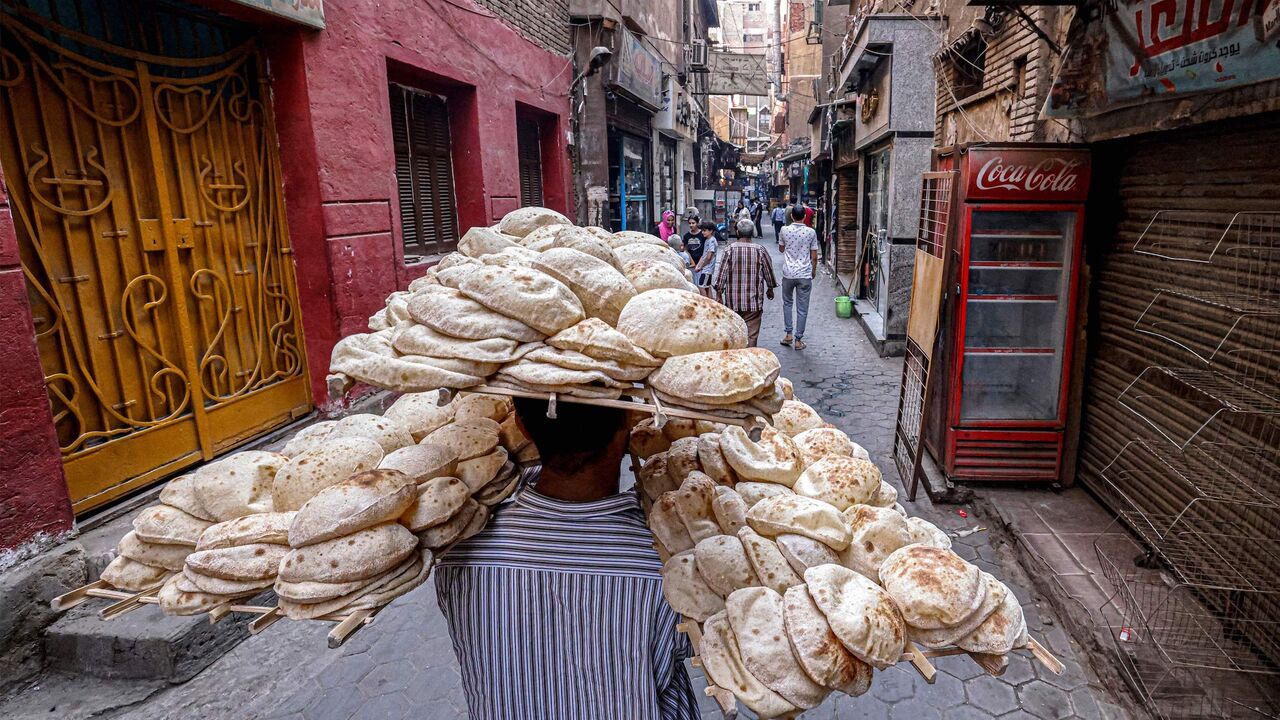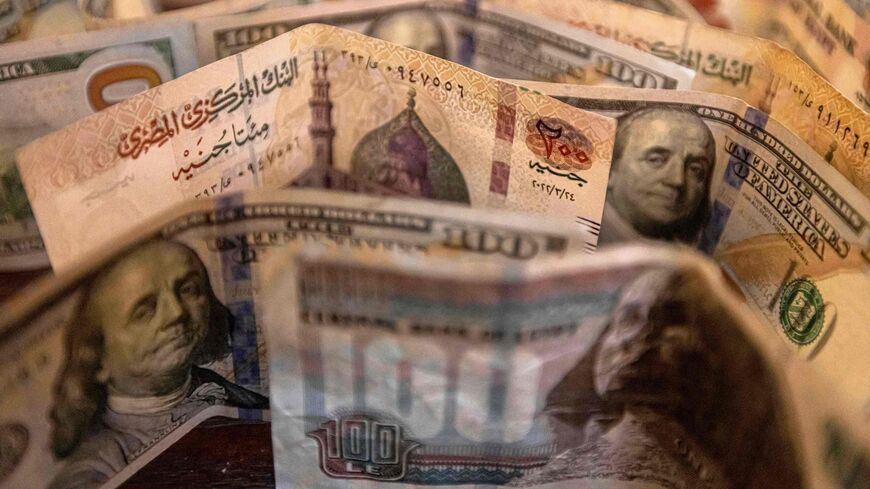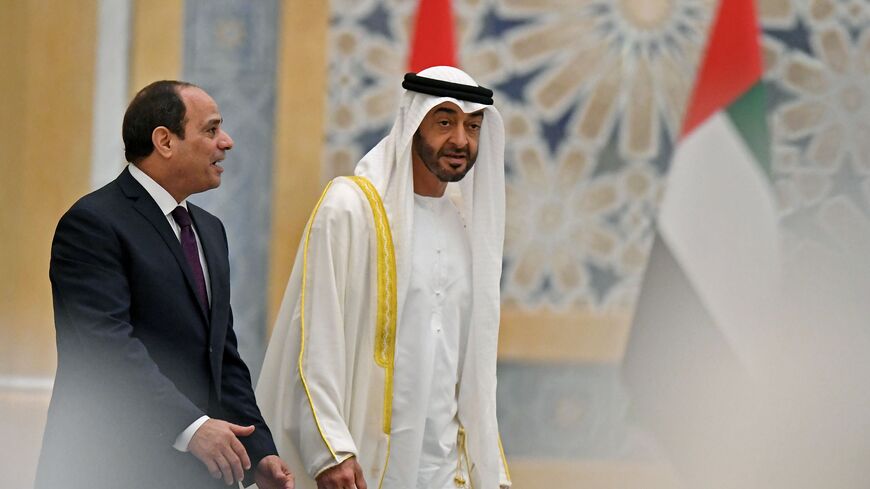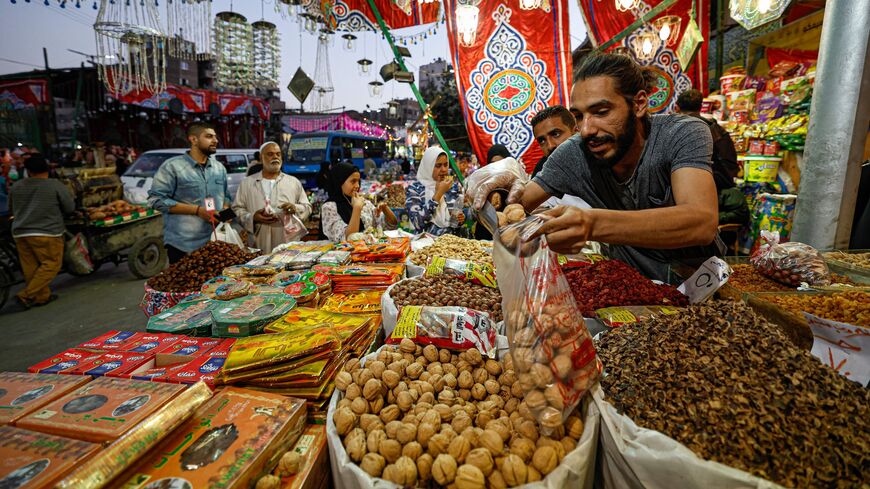Egypt sees change of government amid inflation, living costs woes
Egyptian President Abdel Fattah asked Prime Minister Mustafa Madbouly to form a new government following the fourth cabinet reshuffle since 2018.

Egyptian President Abdel Fattah al-Sisi accepted the government’s resignation on Monday, calling for the new one to focus on boosting foreign investment and tackling rising prices, among other issues facing the North African country.
Prime Minister Mustafa Madbouly presented his government’s resignation to Sisi on Monday, after which the president tasked him with forming a new cabinet. In a statement from the Egyptian presidency, Sisi described Egypt's national security as the most important priority before the government “in light of regional and international threats.”
Sisi added that health and education should also be high on the government's agenda. In terms of Egypt’s struggling economy, he instructed the government to continue with economic reforms with a particular focus on attracting domestic and foreign investment and making “every effort to reduce rising prices and inflation,” according to the statement.
Madbouly has been prime minister since 2018. Monday’s move is the fourth cabinet reshuffle during his tenure. The most recent occurred in August of 2022.
Under Egypt's system, the prime minister is appointed by the president, and has the power to accept or reject cabinet appointments. The statement did not mention which cabinet members will be replaced, nor a timeline for the new government's formation.
Why it matters: The change comes amid increasing economic challenges for Cairo. Inflation remains high, though it may be trending downward. Headline inflation was 32.5% in April, down from 33.3% in March, according to Egypt’s statistics agency CAPMAS. The Central Bank of Egypt opted to keep interest rates unchanged during its May meeting following a significant 6% hike in March.
In an effort to reduce the strain on the budget, Madbouly announced last week that the price of subsidized bread will increase 300% to 20 piastres ($0.0042) per loaf. The price hike, the first of its kind in three decades, came into effect this month.
The country is also struggling with dwindling foreign currency reserves, in large part due to decreased tourism during the COVID-19 pandemic and supply chain shocks after the 2022 Russian invasion of Ukraine.
More recently, the Houthi attacks in the Red Sea have hurt the economy, particularly the manufacturing and textile industries.
Egypt has recently had some success attracting foreign investment and assistance. In February, the United Arab Emirates agreed to invest $35 billion into the Egyptian economy in a deal to develop the Ras el-Hekma coastal area.
A month later, the International Monetary Fund increased its bailout loan to Egypt by $5 billion after the country agreed to a more flexible exchange rate. The currency has been trading at 47 pounds to the US dollar since then.
In April, the European Union provided a 1 billion-euro ($1.09 billion) to Egypt as part of a wider 5 billion-euro ($5.44 billion) loan package.
Know more: Sisi’s mention of national security may relate to the Egypt’s concerns over the Gaza war. Egypt has repeatedly condemned Israel’s war against Hamas in the territory and is particularly worried about the Rafah offensive on its border. Egypt fears an influx of Palestinians into the Sinai Peninsula, in large part due to the recent history of Islamist insurgency in the area.








